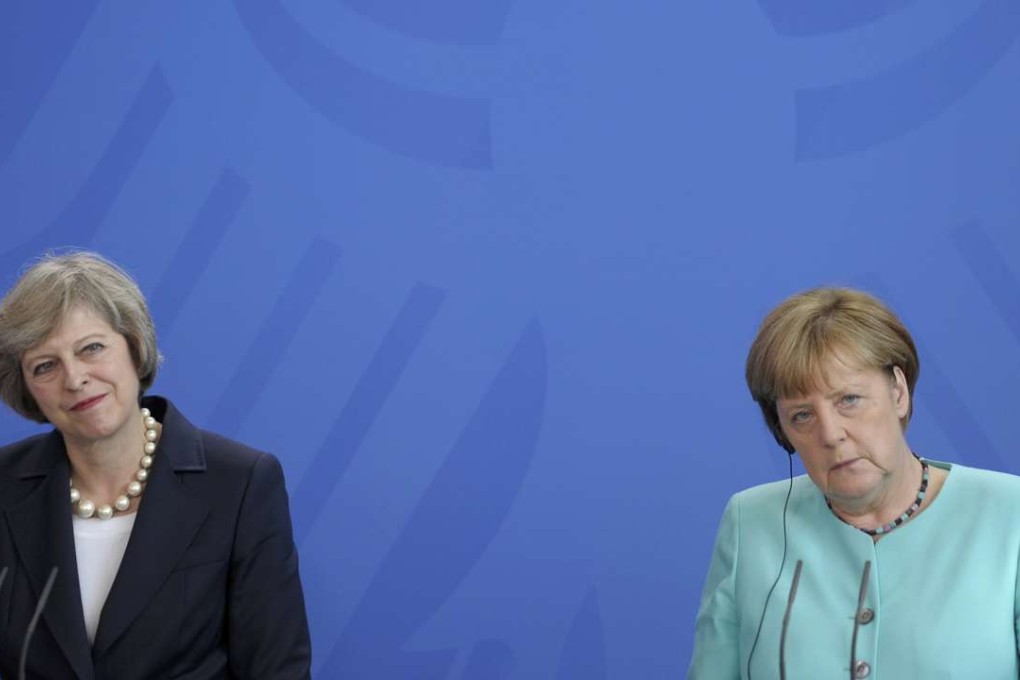Horoscopes | Britain’s decision to go for a ‘hard’ Brexit promises rough ride ahead
PM Theresa May wants the country to ‘take control of our own destiny’, but Hollande and Merkel appear determined to make her pay a high price

Two weeks ago this column discussed the merits of “hard” and “soft” Brexit solutions to the UK’s departure from the EU. Since then, the dye has been cast, taking many by surprise and provoking some harsh reactions.
At the Conservative Party’s annual conference in early October, Prime Minister Theresa May made it clear that hard Brexit is the order of the day.
Britain will limit immigration of EU citizens, release itself from the jurisdiction of the European Court of Justice and the reach of European law, and by implication leave the customs union.
The economic damage that results from “taking control of our own destiny”, as May put it, will depend greatly on how successful Britain is, at negotiating the terms of its reformulated, diluted access to the EU’s single market, along with dozens of other modified trade relationships across the world.
The PM is going to trigger Article 50 of the Lisbon Treaty by March 2017 at the latest. At that point the clock ticks on a two-year negotiation for the UK’s exit.
A hard exit might be quicker, but it will be a lot rougher. Comments from some EU politicians have become more strident. President Francois Hollande of France has said that there must be a threat, a risk and a price for the UK as it leaves the EU.
